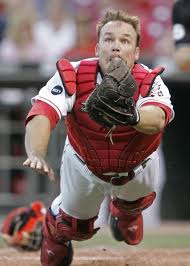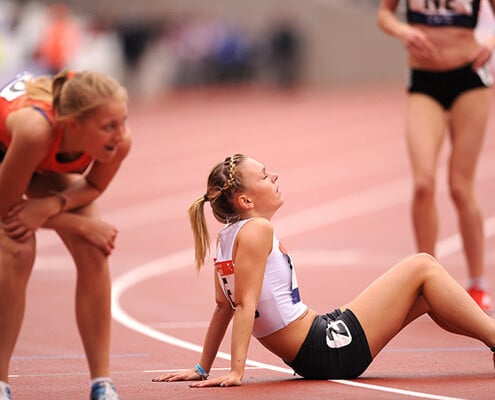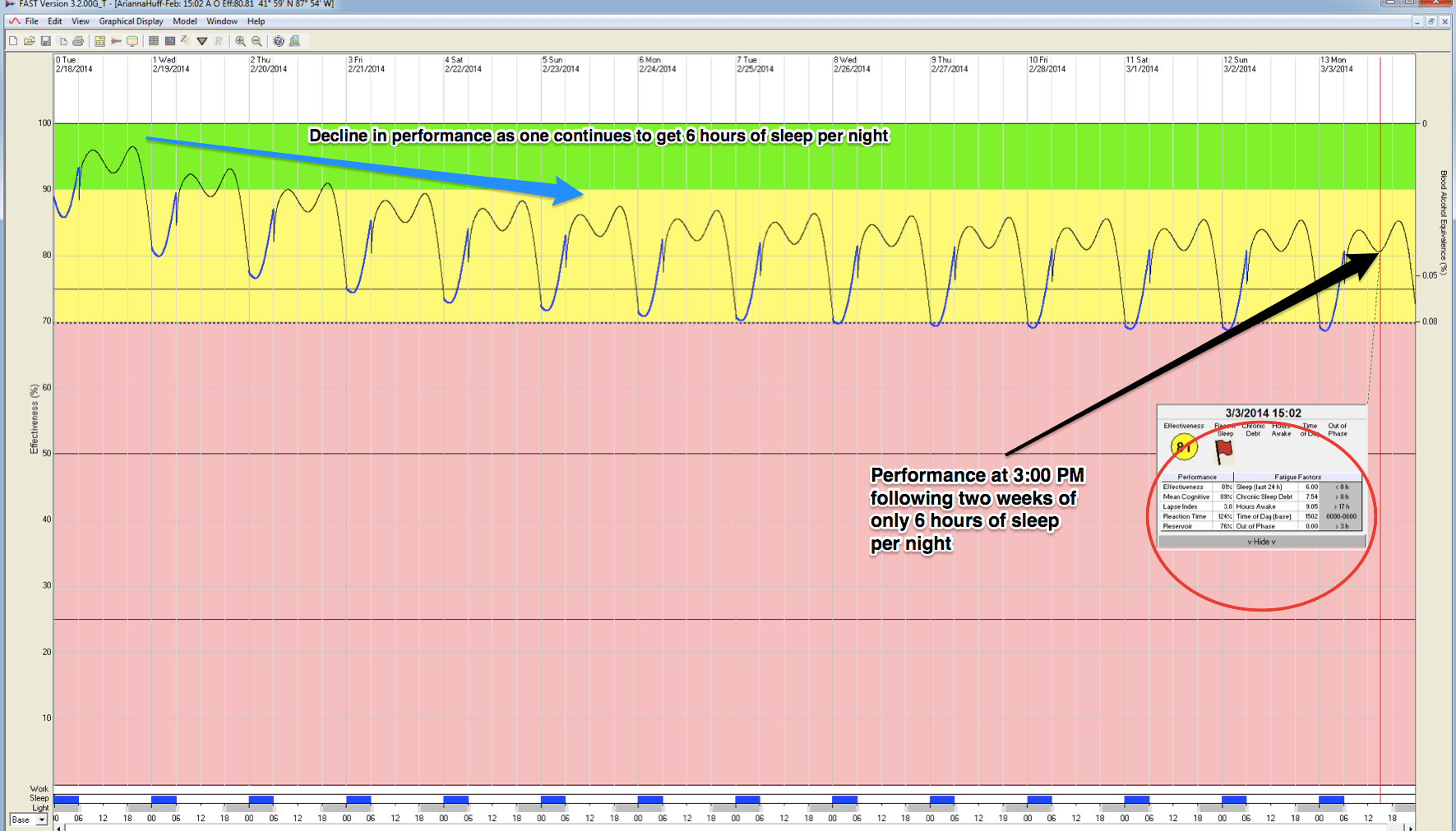The Boston Red Sox have installed a “sleep room” at Fenway Park. While David Ross confirms this is a “nice” way to cope with strenuous travel schedules and an intense season, the problem is that it acts like a band-aid on the larger issues that work against professional sports teams.

Although I do applaud CEO Larry Lucchino for recognizing the importance of sleep, there are two key factors that the “sleep room” does not address:
1. Road games aren’t addressed. As a team, going on the road is a major source of fatigue related problems. A singular sleep room at your home field may temporarily alleviate the symptoms of fatigue, it fails to address this core issue.
What’s missing is you need to understand the effects of your travel specific schedule on your body. Once you can clearly see the connection fatigue is having on performance, then you can begin the process of putting measures in place that optimize rest time. Any way you slice it, this a major problem for road games, and a nice sleep room at your home field is missing the point.
2. Napping is not the solution for sports teams. If players on your team are so tired midday that they feel the need to nap, it is very likely they are either not getting enough sleep, or not enough quality sleep at night. You could be missing a big piece of the puzzle by providing a band-aid style solution.
While a quiet room to take a nap may be a good option to stay functional for many people who work 12-hour night shifts, a baseball team would find more benefit from a more dedicated, personalized plan for rest.
There is no doubt that professional athletes perform best when they are rested. Tiger Woods is yet another example of an athlete finding out the hard way why sleep is a core component to a successful training routine. Woods, seeking his sixth victory this year at the Tour Championship in Atlanta fell nine strokes off the pace overnight. He reportedly “ran out of gas”. Make no mistake, an hour nap before this tournament would not have helped him.

Recognition that sleep plays an important role in an athlete’s career is not enough. If you do not have accurate data that shows not only the quantity, but the quality of sleep an athlete is getting, you don’t have the full picture. Decision-making based on anything less than the full picture is a stab in the dark at improving sport performance.



